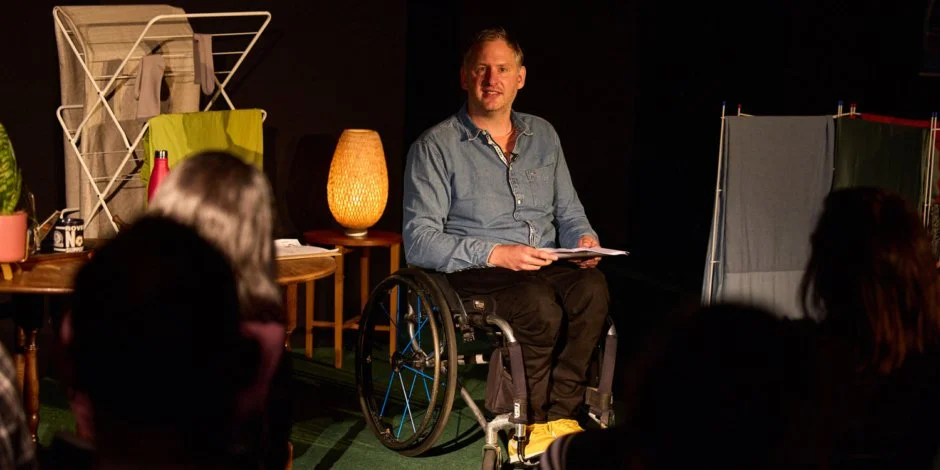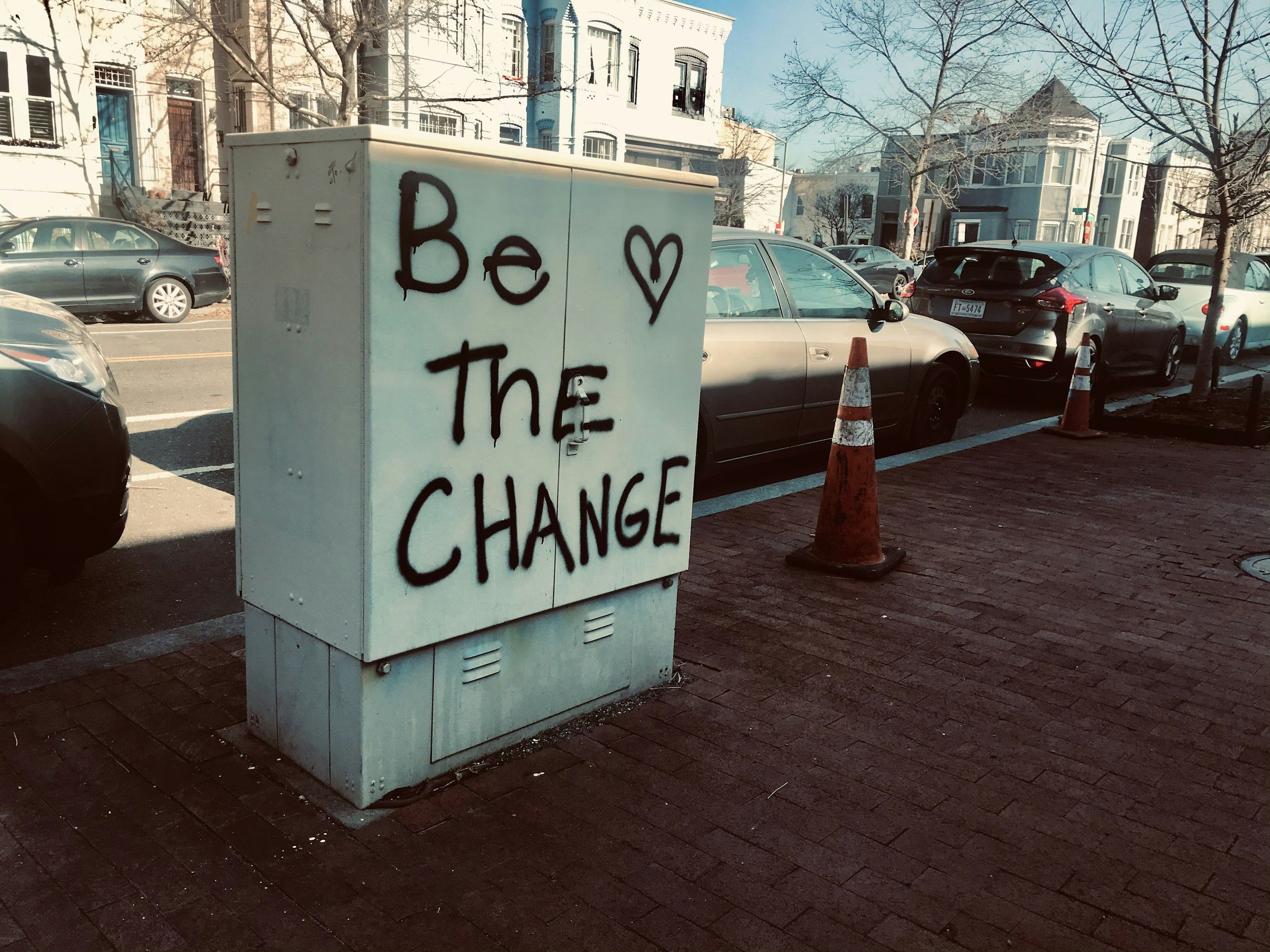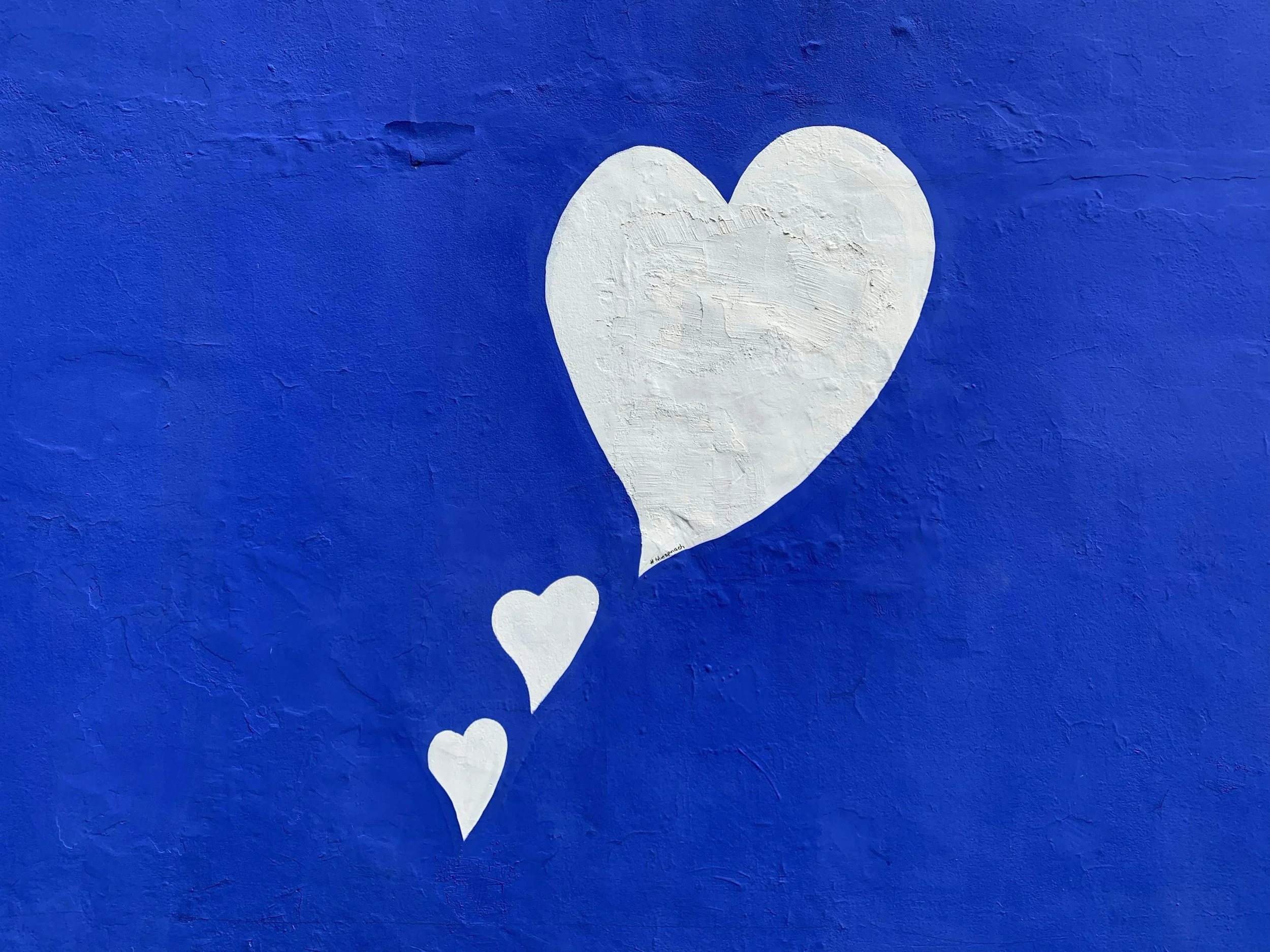How to Feel Happier in your Life
With these never-ending lockdowns, feeling OK is already a challenge, so feeling happier seems out of reach. But what I’ve learnt this past year, is that happiness is within us. That doesn’t mean we should feel happy and positive all the time, but I do believe there are ways to bring some happiness in our lives even in time of despair.
According to a study published in 2005, we can control 40% of our own happiness. The rest is controlled by genes and life circumstances. These numbers are still in debate today but there is something sure, part of our happiness relies on ourselves. So, let’s work on the part we can control and let’s try to be happier. We all deserve it!
Being grateful
We all have had crappy days with lots of pressure at work, feeling overwhelmed at home, a family to take care of, trying to do so many things at the same time, feeling tired, having bad news etc… At the end of the day, we go to bed, feeling anxious, ruminating on our problems. We barely sleep and the next day, we repeat the same vicious circle.
What if we try to change our perspective on our day? Yes, it was crappy. But what was good about it? Let’s start journaling (here is a brilliant article about how to start journaling written by a fellow city girl) and write what went wrong, which will help stop ruminating, and write what we were grateful for.
Focusing on the positive will help feeling motivated for the next day. And there are lots of positive things happening during the day if we look for them. We could be grateful for a stranger who smiled at us, a colleague who helped with something, our pet for being here with us, or just being alive.
Practice self-love
We have the tendency (I know I do) to think that it’s the role of others to make us happy: our partner, our friends, our family. And we feel unloved when they don’t. How many of you tried to reach out to a friend and felt unworthy because they were too busy at that time? Count me in.
But there is somebody who is always there for us: our own self. We can be our own best friend, cheering us up, calming us down. If we get comfortable with ourselves, able to face negative emotions alone, then we won’t feel so down when nobody is around for us. We will even appreciate it more when our friends are around.
But many of us, me included, have the habit of self-sabotage. We judge ourselves harshly with thoughts like “you’re so stupid”, we put pressure on ourselves with sentences like “you should be able to do that by now” and we keep thinking “I am not good enough”.
Would we talk like that to our best friend? Certainly not. So, let’s change this and be kind and be understanding with ourselves. Let’s look at ourselves in the mirror and say out loud “I love me”. That will make our relationship with ourselves healthier and overall happier.
Know your triggers
Let’s take some time to know what makes you unhappy. What does make you anxious? Are there people that drain your energy? It can be talking to your sister who is constantly passing judgements on your choices, which leaves you feeling unworthy and depressed. As a result, you can’t stop biting your nails.
For each trigger, what would you need to work on to feel less affected? In my example, it would be to work on self-love and self-confidence in order to stop taking things too personally.
Now, what does make you happy and joyful? How do you feel when you’re happy? It can be going on an early walk in nature and watching the sun rising, which makes you feel so privileged to witness. As a result, you feel light and can’t stop smiling.
What we need is a good balance of both. So next time we talk to a difficult family member, let’s make sure we do something that makes us happy right after instead of ruminating.
Other practices
There is a lot more habits to practice that I haven’t talked about like meditation, mindfulness or the importance of 8 hours of sleep. An article is not enough to list them all and I focused on the ones that helped me the most during the past year.
There are also plenty of books on the subject. I would recommend The positive habit by Fiona Brennan, The gift of imperfection by Brené Brown (or any book by Brené Brown), The subtle art of not giving a f*ck by Mark Manson and Girl, stop apologyzing by Rachel Hollis. The list is non exhaustive.
Don’t hesitate to share your tricks for a happier life in the comment section.
Help us keep the City Girl Network running by supporting us via Patreon for the price of a cheap cup of coffee - just £2 a month. For £3 a month you can also get yourself a Patreon exclusive 10% off any of our ticketed events! You can also support us by following us on Instagram, and by joining our City Girl Network (city wide!) Facebook group.
Written by Elise Van Meerssche














